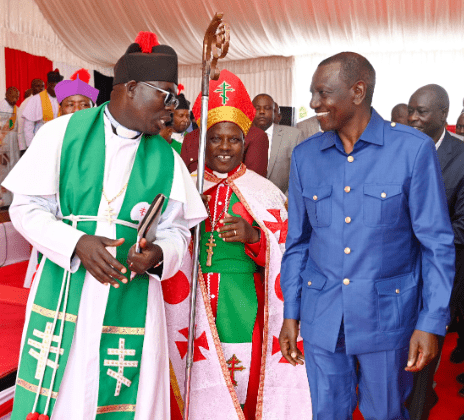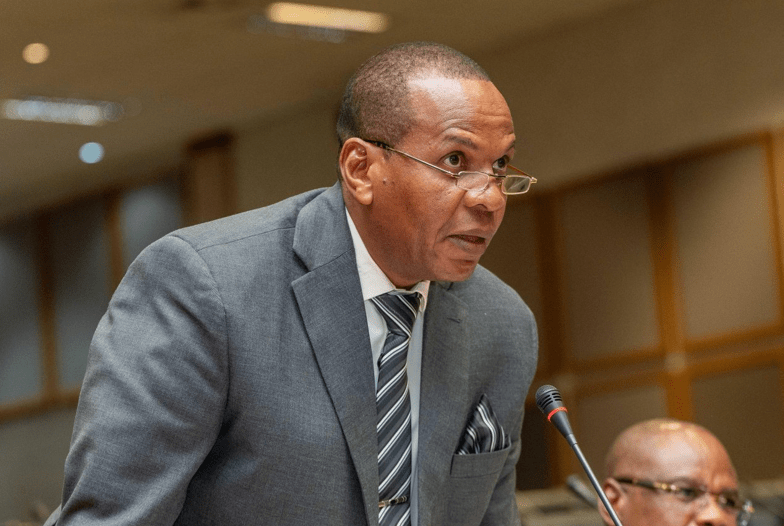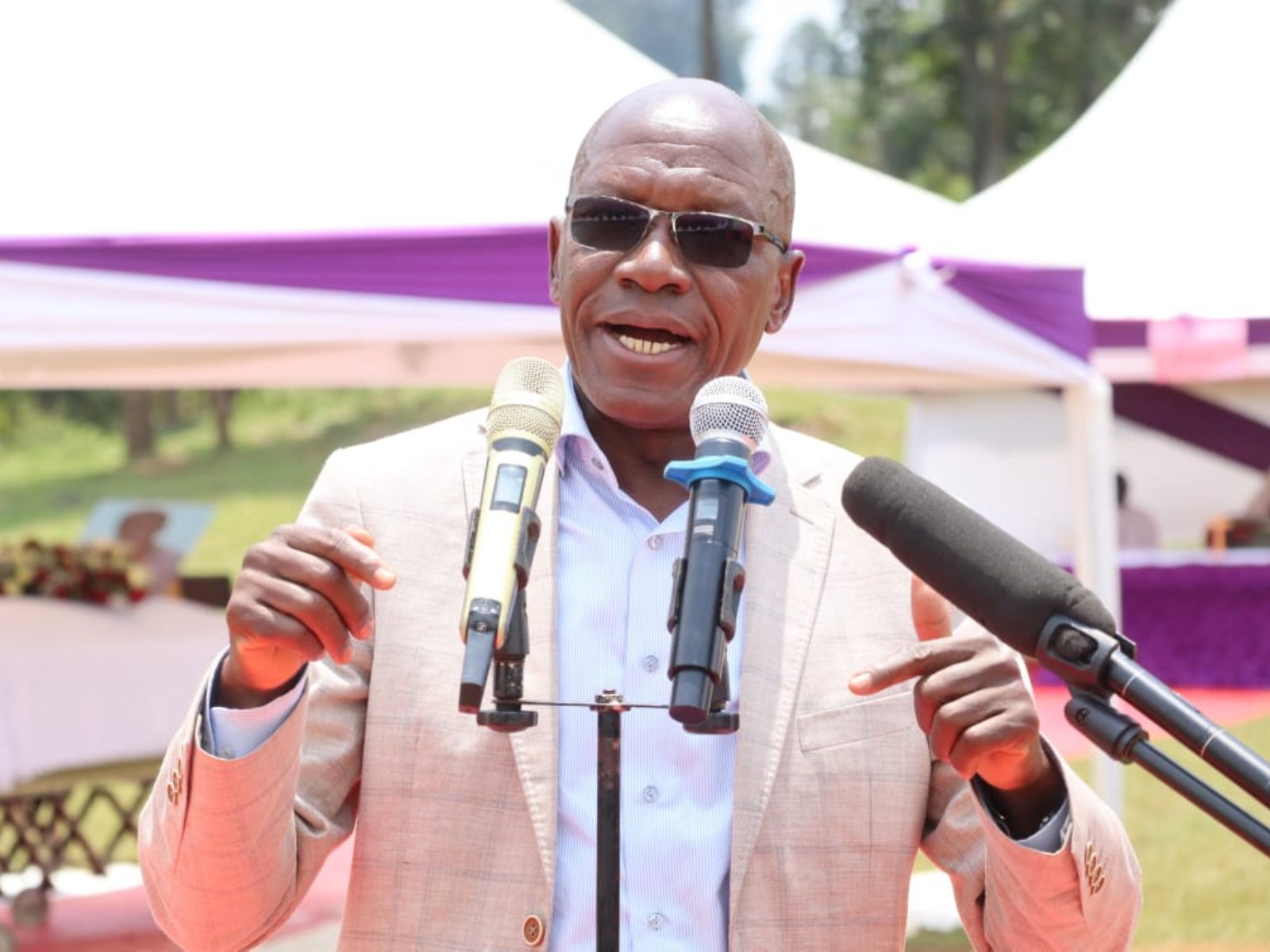Church should wrest its day from encroachers

It is becoming predictably predictable. You wake up on a Sunday morning in Nairobi and head out for your business, most likely to church, only to find that the road right outside where you stay has been blocked, and you have been locked in.
Or you had left early and now you are returning home, only to find yourself being redirected away from home to all manner of directions except where you want to go. It will be an hour or more later by the time you go round and round and eventually find your way in.
Sunday has become the predictable day to stage walks, runs, and races in Nairobi. Organisers must have realised that Sunday is the least busy day. Or to put it in a different way, few Nairobians are Christians and, therefore, the majority spend the day sleeping-in, rather than proceed to their places of worship.
Often than not, the races would have not been publicised, or the publicity would have been released through some social media platform. Or, in the best-case scenario, the publicity may have occurred on an advertisement on a page of a newspaper.
We often do not think that a road closure by whatever firm applies to us and, therefore, one may have flipped through the newspaper page without paying much attention to it.
In a study in England and Wales that has only been released recently, it has emerged that, for the first time, the majority of British people living in these islands are not Christians. Indeed, a large number have no declared religion, and the rising numbers are of people adhering to faiths associated with Asia and other parts of the world.
The Kenyan political class are famous for their declaration of their faith. Indeed, there seems to be an effort in the political arena to develop a voting bloc that is defined by religion. The President has been reported stating that the last election was a referendum between those who believe in God and those who believe in men, and that the former won.
One would thus assume that there is a big population in Kenya that confesses Christianity as their faith. Now, one cannot assume that all Kenyans live in Nairobi so a good size of this population resides in the countryside.
But Nairobi as a cosmopolis should be a microscopic representation of the Kenyan population and, therefore, the majority of Nairobians would thus be Christians. And if they are Christians, then the one activity they would be engaged in is going to church to worship on Saturday and on Sunday.
Which clearly should mean that the streets of Nairobi should be busy on Sunday, or at the very least, Kenyan officials would consider that this is the Lord’s Day set aside for worship, and all — including runners, bikers, and walkers — should be in church worshipping the Lord. But that does not seem to be the case.
Alternatively, one would want to believe that public outcry against the disrespect directed towards the Lord’s Day by the organisers of these functions would rise to a crescendo so much so that they would not dare defile the day. But there has hardly been a whimper.
Instead, Sunday after another Sunday has witnessed road closures. Could this be a measure of the Christian temperature in Kenya? Could it mean that Christianity, whatever people may say about it, is probably all mouth but no trousers?
Let the church claim its day, earn the respect it deserves, and make it possible for worshippers to get to their places of worship.
Not too long ago, Easter holiday was more associated with Safari Rally than Christian celebrations. This irked some evangelical believers to no end. They went to pray, and Good Friday and Easter Monday in Kenya did not move. Instead, when Safari Rally made a comeback, it was staged in July.
— Obonyo is the Dean, School of Communication, Daystar University















